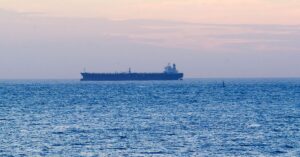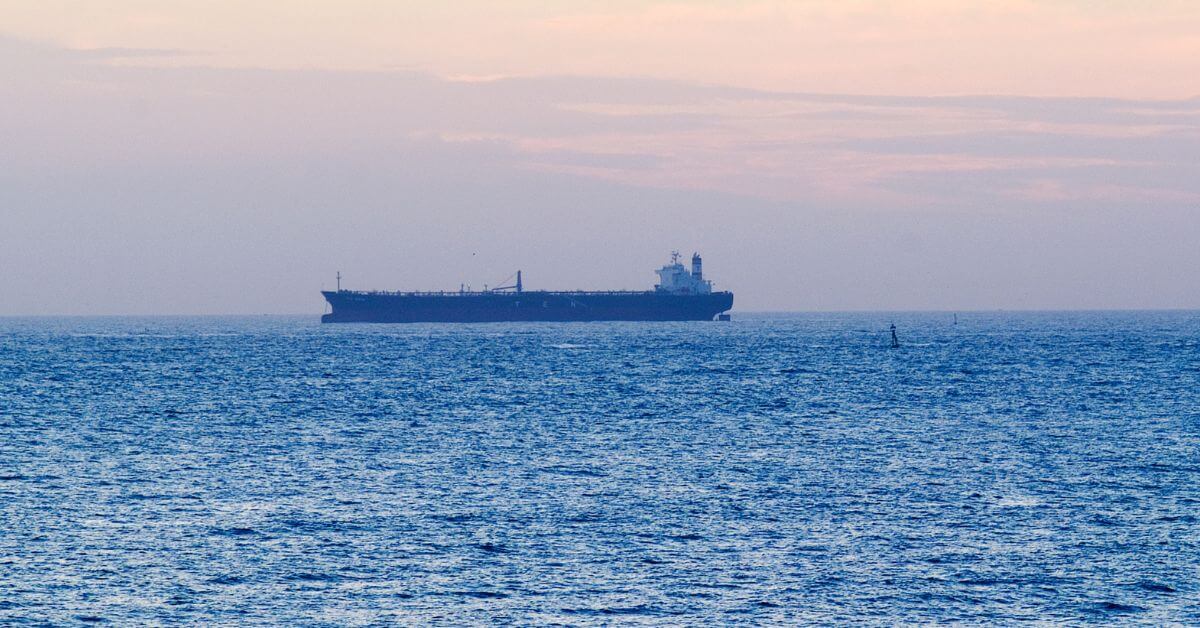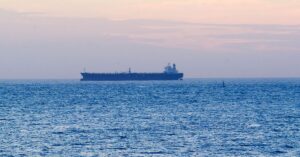
Video: US Navy Ship Catches Fire Off Okinawa, Two Sailors Injured
August 21, 2025
Firefighters Board Maersk Containership Still Burning After A Week Off Africa
August 21, 2025

India’s second largest refinery, Nayara Energy Ltd., majority owned by Russian entities including Rosneft, is now relying heavily on sanctioned dark-fleet tankers to import Russian crude and transport refined fuels after being placed under European Union sanctions in July.
The restrictions have disrupted its operations, forcing shipping partners and insurers to withdraw, and leaving the company struggling to move both oil imports and fuel exports.
Nayara controls about 8% of India’s 5.2 million barrels per day refining capacity through its 400,000 barrels per day Vadinar refinery in Gujarat, one of the country’s largest.
Before sanctions, the company sold around 70% of its refined fuels through its network of over 6,600 fuel stations in India and exported the rest. Since July, Nayara has reduced refinery operations to 70–80% of capacity due to growing shipping and insurance problems.
Per shipping reports and LSEG trade flow data, Nayara has continued to import Russian oil this month, bringing in at least seven cargoes of Urals crude. These were carried by vessels such as Centurion, Devika, Horae, Mars 6, and Pushpa. Each tanker carried about 700,000 barrels of Urals.
The company has also been relying on sanctioned ships to move its refined fuels. Tankers including the Leruo, Next, Nova, Sard, Tempest Dream, Uriel and Varg, all blacklisted under EU sanctions, have transported gasoline and gasoil from Vadinar. Some of these vessels were renamed after being sanctioned.
According to LSEG data, Nayara currently has over 1.2 million barrels of refined products stranded on four sanctioned tankers idling off Vadinar.
Some of these sanctioned ships have been cleared by the Indian government for domestic runs. For example, the Leruo, blacklisted by the EU on July 18, has already made at least three domestic voyages for Nayara after receiving approval from New Delhi.
Another tanker, the Next, also sanctioned by both the EU and the UK, is scheduled to load diesel at Vadinar this week.
According to sources, the government has approved at least one coastal tanker to help Nayara move its cargoes within the country, in a bid to safeguard domestic fuel supplies. Ships covered by Russian or Iranian insurance, and cleared by New Delhi, have been allowed to service Nayara despite their sanction status.
Industry sources said most Indian shipping companies that operate overseas are unwilling to carry Nayara’s cargoes because they cannot secure insurance.
A representative from a company that previously shipped Nayara’s products confirmed they could not get cover for such voyages. Another shipping source added that Russian entities are now helping Nayara arrange ships to ensure continued movement of oil.
Nayara has been depending only on Russian Urals crude since late July. It is expected to receive two more cargoes this week, totaling 1.4 million barrels, on the Aframax tankers Mars 6 and Tiger 6. At the same time, a Greek-owned supertanker, Evgenia I, which was scheduled to deliver Middle Eastern crude to Nayara last week, is still ballasting in the Persian Gulf without delivering its load.
References: Reuters, ndtvprofit
Source: Maritime Shipping News


